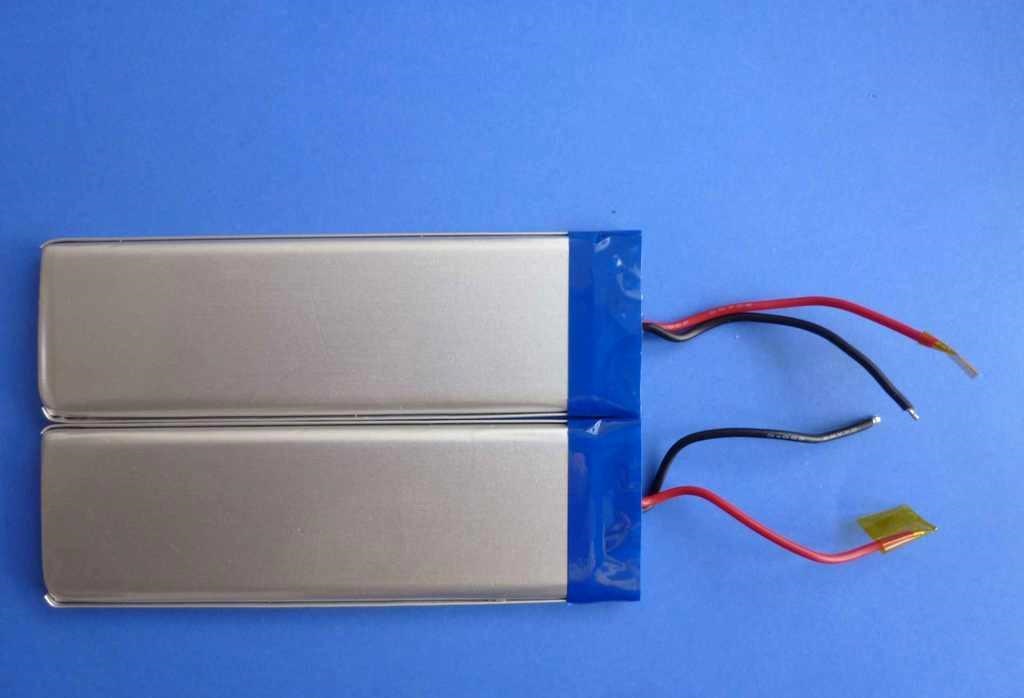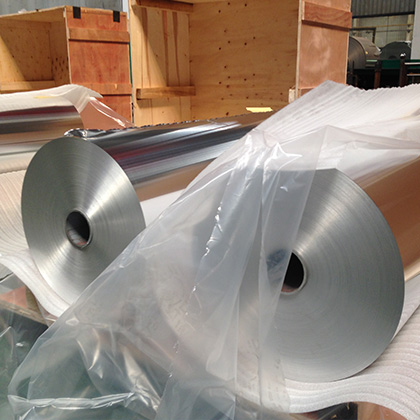Lithium-ion batteries have become the cornerstone of modern technology, powering everything from smartphones and laptops to electric vehicles and renewable energy storage systems. Amidst the growing demand for energy-efficient and high-performance batteries, aluminum foil has emerged as a key component with significant potential to enhance the performance and sustainability of lithium-ion batteries. This article delves into the application potential of aluminum foil in lithium-ion batteries and its promising prospects for the future.

Conductive Matrix
Aluminum foil serves as a conductive matrix within lithium-ion batteries, facilitating the flow of electrons during charge and discharge cycles. Its high conductivity ensures efficient energy transfer within the battery, leading to improved performance and faster charging times. As battery technology continues to evolve, aluminum foil’s role in optimizing conductivity is paramount for enhancing battery efficiency and reliability.
Lightweight Design
Aluminum foil’s lightweight nature makes it an ideal choice for battery manufacturing, particularly in applications where weight reduction is critical, such as electric vehicles and portable electronics. By utilizing aluminum foil as a lightweight substrate for electrode materials, battery manufacturers can achieve higher energy density and longer battery life without compromising on performance or safety.
Thermal Management
Effective thermal management is essential for maintaining battery performance and prolonging lifespan. Aluminum foil’s excellent thermal conductivity enables efficient heat dissipation within lithium-ion batteries, reducing the risk of overheating and thermal runaway. Incorporating aluminum foil into battery designs enhances thermal stability and safety, particularly in high-power applications where heat generation is a concern.

Corrosion Resistance
Aluminum foil exhibits exceptional corrosion resistance properties, making it well-suited for use in lithium-ion batteries, where exposure to electrolytes and other corrosive substances is common. By employing aluminum foil as a protective barrier within battery cells, manufacturers can minimize corrosion-related degradation, prolonging battery lifespan and ensuring long-term reliability.
Recyclability
Sustainability is a growing concern in the battery industry, and aluminum foil’s recyclability presents an attractive solution to reduce environmental impact. As demand for lithium-ion batteries continues to rise, the ability to recycle aluminum foil from spent batteries offers significant environmental benefits, including resource conservation and reduced carbon emissions.
In conclusion, aluminum foil holds tremendous application potential in lithium-ion batteries, offering benefits such as enhanced conductivity, lightweight design, efficient thermal management, corrosion resistance, and recyclability. As the demand for high-performance energy storage solutions continues to escalate, aluminum foil will play an increasingly vital role in advancing battery technology and driving the transition towards a sustainable energy future. Through continued innovation and collaboration, the integration of aluminum foil into lithium-ion batteries promises to unlock new opportunities for improved performance, reliability, and environmental sustainability.


